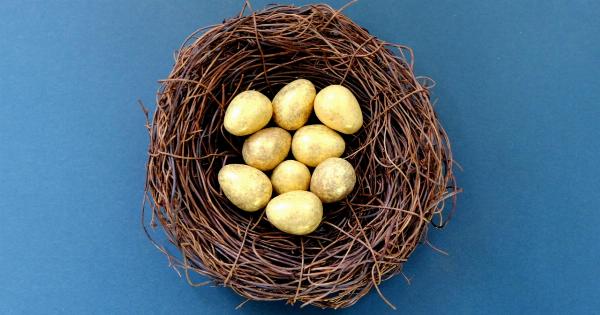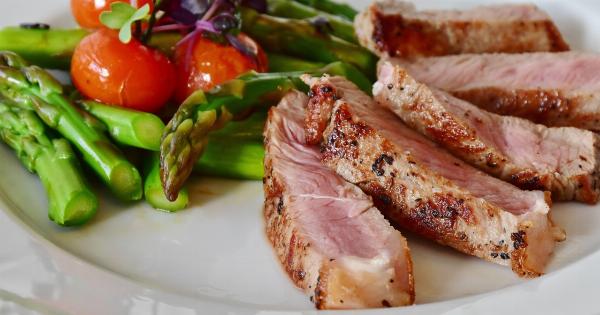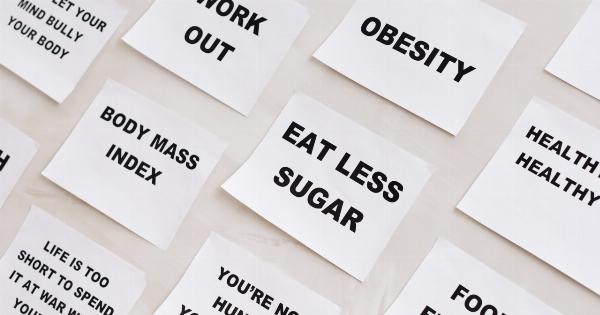As Holy Week approaches, many people are preparing to observe this sacred time with prayer, reflection, and fasting.
For those who choose to fast or modify their diets during this period, it can be a challenge to find ways to eat well while still adhering to these religious practices. However, with a little planning and creativity, it is possible to enjoy satisfying and nourishing meals throughout Holy Week. In this article, we will discuss some tips and tricks to help you eat well during this special time.
1. Plan your meals in advance
One of the keys to eating well during Holy Week is to plan your meals in advance. Take some time to sit down and decide what you will be eating throughout the week.
Consider incorporating a variety of nutrient-rich foods such as fruits, vegetables, whole grains, lean proteins, and healthy fats.
2. Focus on plant-based meals
During Holy Week, many people choose to adopt a vegetarian or vegan diet. This can be a great opportunity to explore new plant-based recipes and incorporate more fruits and vegetables into your meals.
Experiment with different legumes, grains, and herbs to add flavor and variety to your dishes.
3. Include protein-rich foods
While fasting or following a modified diet, it’s important to ensure that you are still getting enough protein to support your body’s needs.
Include protein-rich foods such as beans, lentils, tofu, tempeh, quinoa, and Greek yogurt in your meals. These foods will help keep you feeling full and satisfied.
4. Stay hydrated
Drinking enough water is always important, but it is especially crucial during Holy Week when fasting or following dietary restrictions. Make sure to drink plenty of water throughout the day to stay hydrated and support your body’s functions.
5. Opt for healthy cooking methods
When preparing your meals, opt for healthy cooking methods such as steaming, baking, grilling, or sautéing with minimal oil. These methods will help preserve the nutrients in your food and prevent the addition of unnecessary calories.
6. Don’t skip meals
Even if you are fasting or following dietary restrictions, it is important not to skip meals. Skipping meals can lead to overeating later on and may disrupt your body’s metabolism.
Instead, focus on smaller, balanced meals throughout the day to keep your energy levels stable.
7. Pack snacks
Prepare some healthy snacks to have on hand during Holy Week. This will help you avoid reaching for unhealthy options when hunger strikes. Some nutritious snack ideas include fresh fruits, nuts, seeds, yogurt, and homemade energy bars.
8. Get creative with flavors
Although you may be limited in the ingredients you can use, don’t be afraid to get creative with flavors. Experiment with different herbs, spices, and seasonings to add depth and excitement to your meals.
This will prevent your taste buds from getting bored and make your dishes more enjoyable.
9. Listen to your body
During Holy Week, it’s important to listen to your body’s needs. If you feel hungry, honor that feeling and have a nourishing meal or snack. Pay attention to your body’s signals of fullness and stop eating when you are satisfied.
10. Don’t forget the true purpose of the Holy Week
Lastly, as you focus on eating well during Holy Week, remember to keep the true purpose of this sacred time at the forefront. Use this opportunity for spiritual reflection, prayer, and acts of service.
Remember that the food you consume is just a small part of the overall experience, and the most important aspect is the growth and connection with your faith.





























